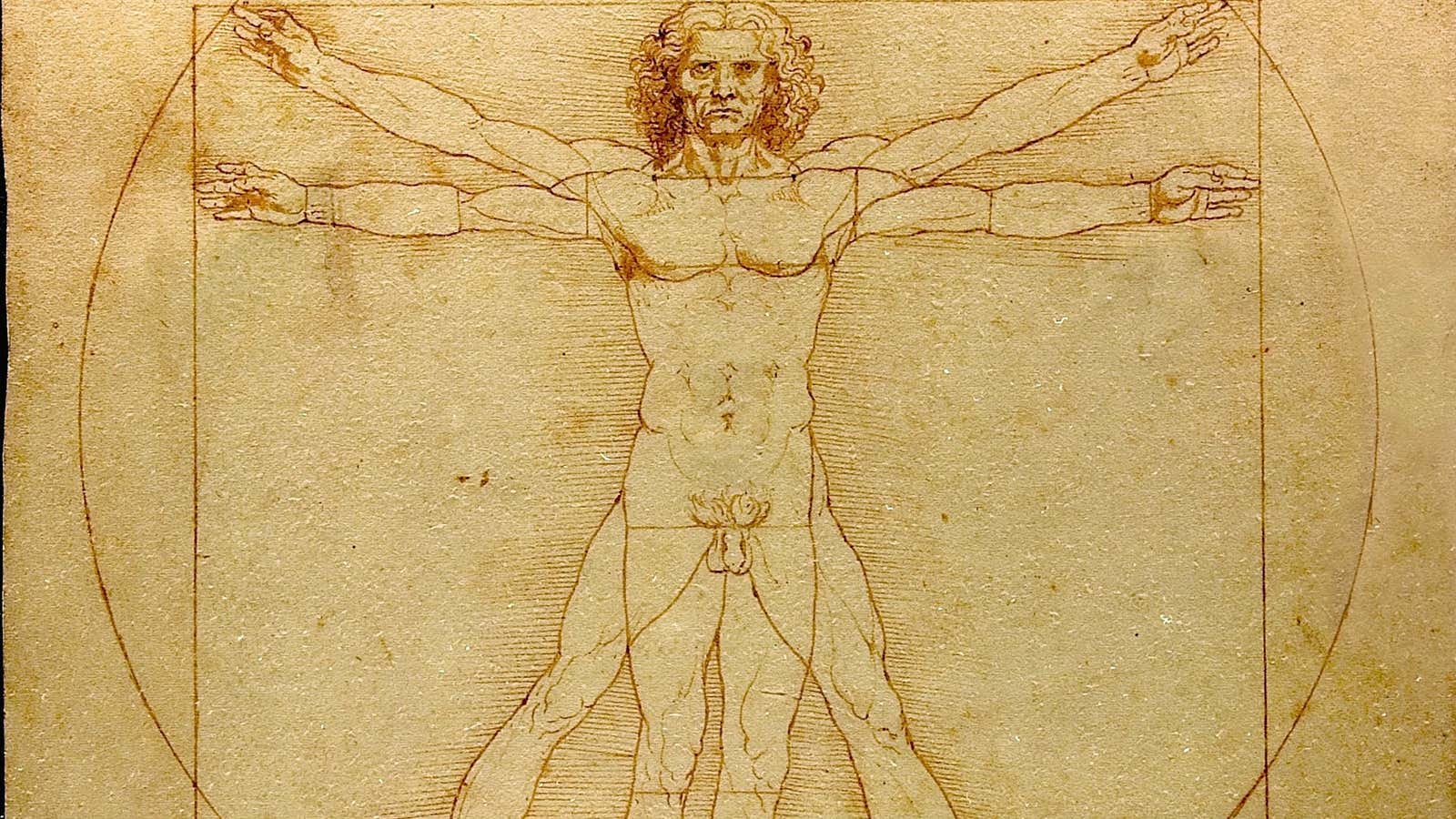It’s possible to use sophisticated equations to chart the progress of a baseball flying through the air. But could those long lines of math could truly capture the essence of a magnificent throw?
And what about those vague, nebulous, all-important concepts such as love, meaning, beauty, selflessness? Will the scientific march towards knowledge one day tie up these notions with a neat combination of biology, chemistry, and physics?
This week, physicist and Columbia University professor Brian Greene discussed the importance of recognizing the limits of scientific explanation at a World Science Festival event with writer Leon Wieseltier and Duke University neuroscientist Miguel Nicolelis.
The question of whether the world can be reduced to scientific explanation is an old one. Great scientists such as Ada Lovelace, Galileo, and physicist Margaret Wertheim, have spoken about the overlap between science and spirituality and the limits of scientific knowledge. In 1936, Einstein wrote in a letter to a school pupil about whether scientists pray that the pursuit of science leads to a “religious feeling of a sort.”
“Everyone who is seriously involved in the pursuit of science becomes convinced that some spirit is manifest in the laws of the universe, one that is vastly superior to that of man,” he added.
In 1982, philosopher Frank Jackson put forward the “knowledge argument” thought experiment, which address a key component of this debate. Here’s a synopsis:
Mary is a brilliant neuroscientists confined, for whatever reason, to a black-and-white room. She has discovered everything about the neurophysiology of color, including the precise wavelengths of light that stimulate the retina and how these signals are processed by the brain to be recognized as color. If Mary is released from her room, and sees a red tomato, will she learn anything?
To Wieseltier, the answer is obvious. “She learned about the richness of the visual world, she may have felt gratitude about being alive, she may have felt stimulated by the heat of the color. There are lots of things she learned,” he said at the event.
Wieseltier argues that striving to reduce every human experience to a scientific explanation is “intellectual imperialism.” And while science may be able to explain the cellular make up of flowers that appear so beautiful, it cannot reduce the experience of beauty to a scientific process.
Greene questioned whether, some day, there might be a scientific explanation for what creates the experience of beauty, or love. But Wieseltier argued that you can’t reduce human life to the equations and data that constitute hard science. He says such an approach is incompatible “with our conception of the dignity of the person.”
“Biology can be responsible in some way for my loving a woman,” he said. “But biology cannot be responsible for my loving my wife.”




